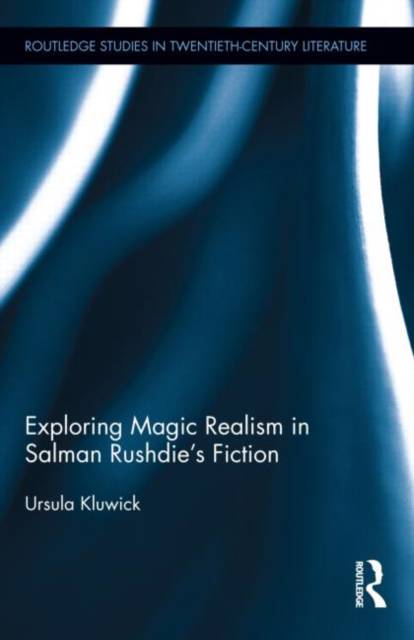
- Retrait gratuit dans votre magasin Club
- 7.000.000 titres dans notre catalogue
- Payer en toute sécurité
- Toujours un magasin près de chez vous
- Retrait gratuit dans votre magasin Club
- 7.000.000 titres dans notre catalogue
- Payer en toute sécurité
- Toujours un magasin près de chez vous
Description
Kluwick breaks new ground in this book, moving away from Rushdie studies that focus on his status as postcolonial or postmodern, and instead considering the significance of magic realism in his fiction. Rushdie's magic realism, in fact, lies at the heart of his engagement with the post/colonial.
In a departure from conventional descriptions of magic realism--based primarily on the Latin-American tradition--Kluwick here proposes an alternative definition, allowing for a more accurate description of the form. She argues that it is disharmony, rather than harmony, that is decisive: that the incompatibility of the realist and the supernatural needs to be recognized as a driving force in Rushdie's fiction.
In its rigorous analysis of this Rushdian magic realism, this book considers the entire corpus--Midnight's Children, Shame, The Satanic Verses, The Moor's Last Sigh, The Ground Beneath Her Feet, Shalimar the Clown, and The Enchantress of Florence. This study is the first of its kind to do so.
Spécifications
Parties prenantes
- Auteur(s) :
- Editeur:
Contenu
- Nombre de pages :
- 250
- Langue:
- Anglais
- Collection :
- Tome:
- n° 23
Caractéristiques
- EAN:
- 9780415897785
- Date de parution :
- 21-12-11
- Format:
- Livre relié
- Format numérique:
- Ongenaaid / garenloos gebonden
- Dimensions :
- 160 mm x 231 mm
- Poids :
- 458 g







